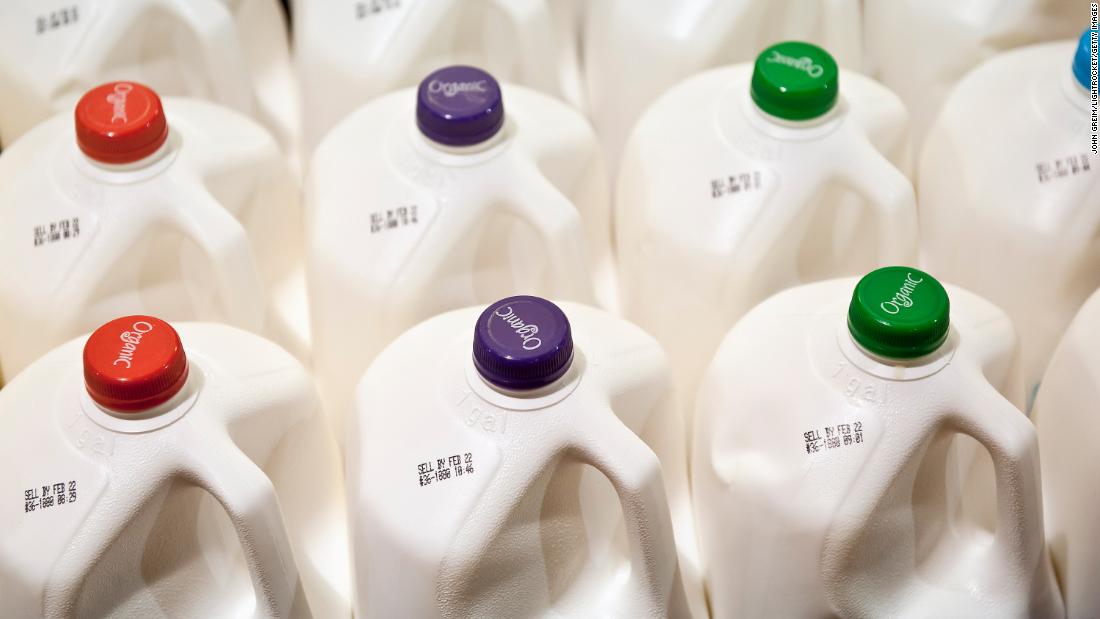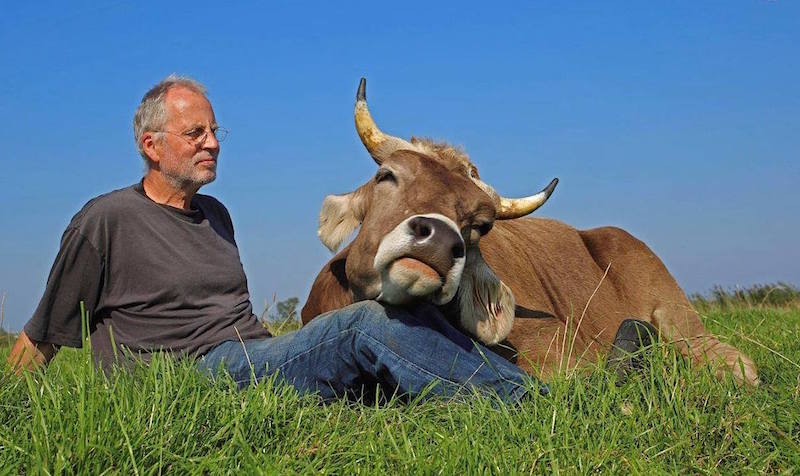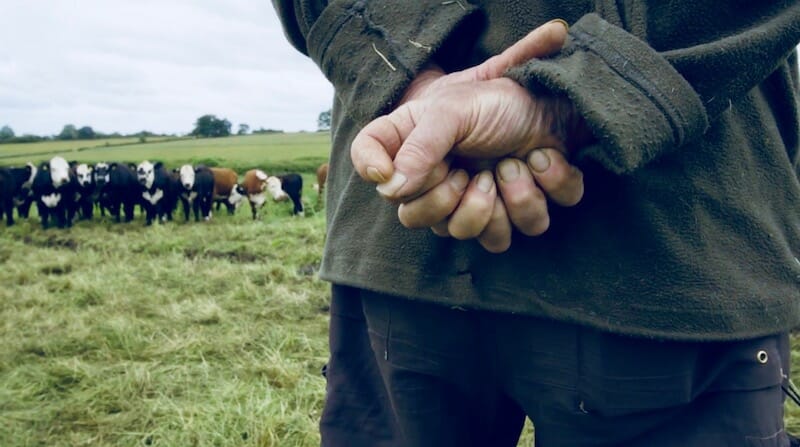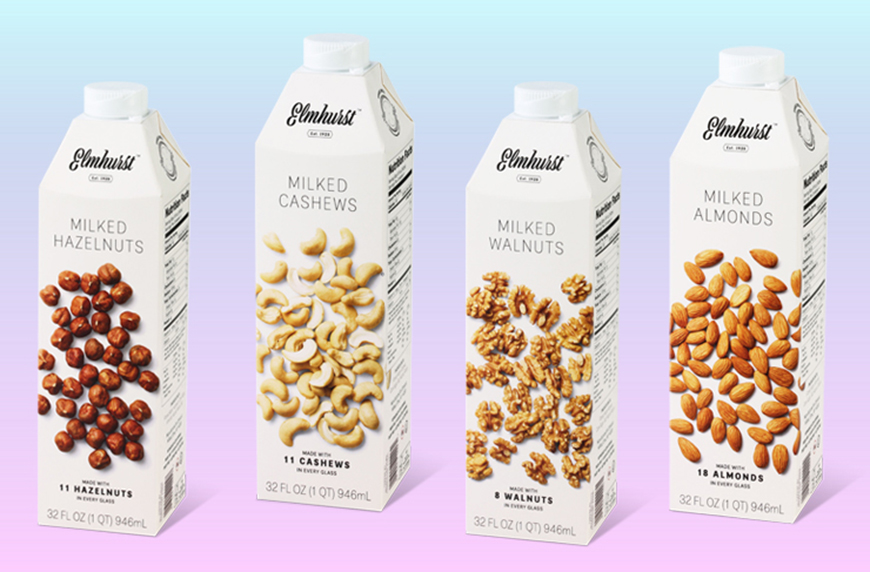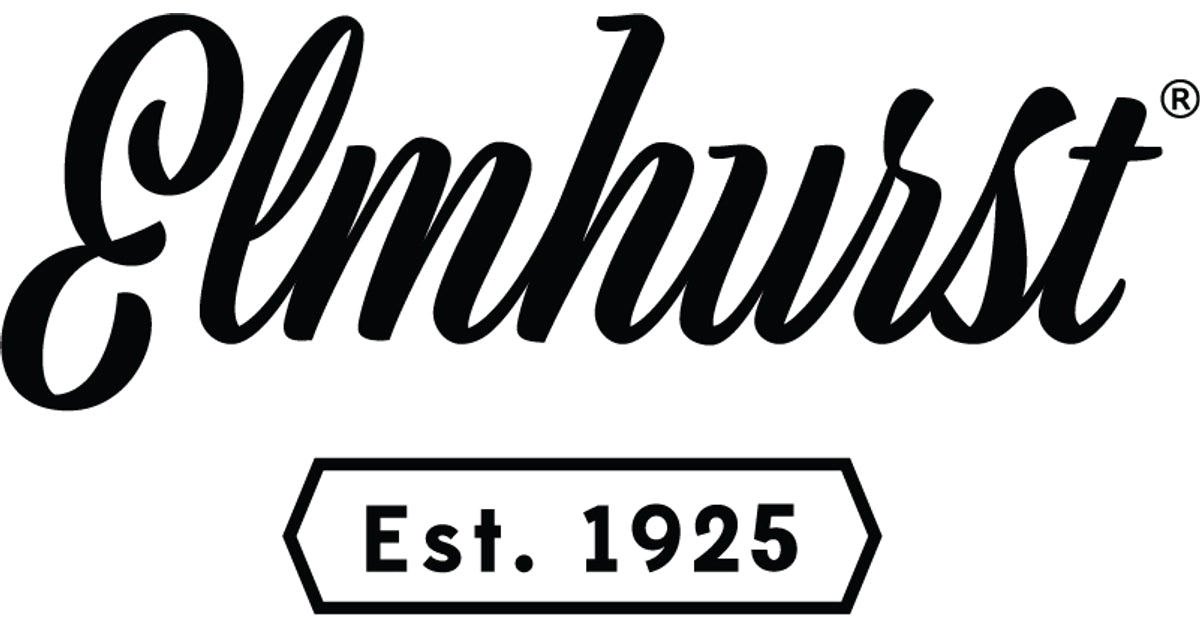In my region, much of the farming around my city is dairy. Dairy is both part of the culture and tradition of the area. Dairy farming is encouraged by government subsidies, advertising, and the dairy farming industry having a large stake in politics due to the electoral landscape. There are milk lobbies, cheese lobbies and even those who lobby schools and school boards pro-dairy for their perceived nutritional benefit of children.
As we have learned from climate change research, cattle raising for any purpose including dairy is very high impact on the environment. Lots of vegans are also against dairy farming due to its exploitation of the animals and its unnatural place in the food chain, consuming a food naturally existing for a different species.
In the context of fighting climate change and improving the environment, has there been a group of farmers who were advantaged by switching from dairy to non-dairy and more environmentally friendly farming?
As we have learned from climate change research, cattle raising for any purpose including dairy is very high impact on the environment. Lots of vegans are also against dairy farming due to its exploitation of the animals and its unnatural place in the food chain, consuming a food naturally existing for a different species.
In the context of fighting climate change and improving the environment, has there been a group of farmers who were advantaged by switching from dairy to non-dairy and more environmentally friendly farming?




